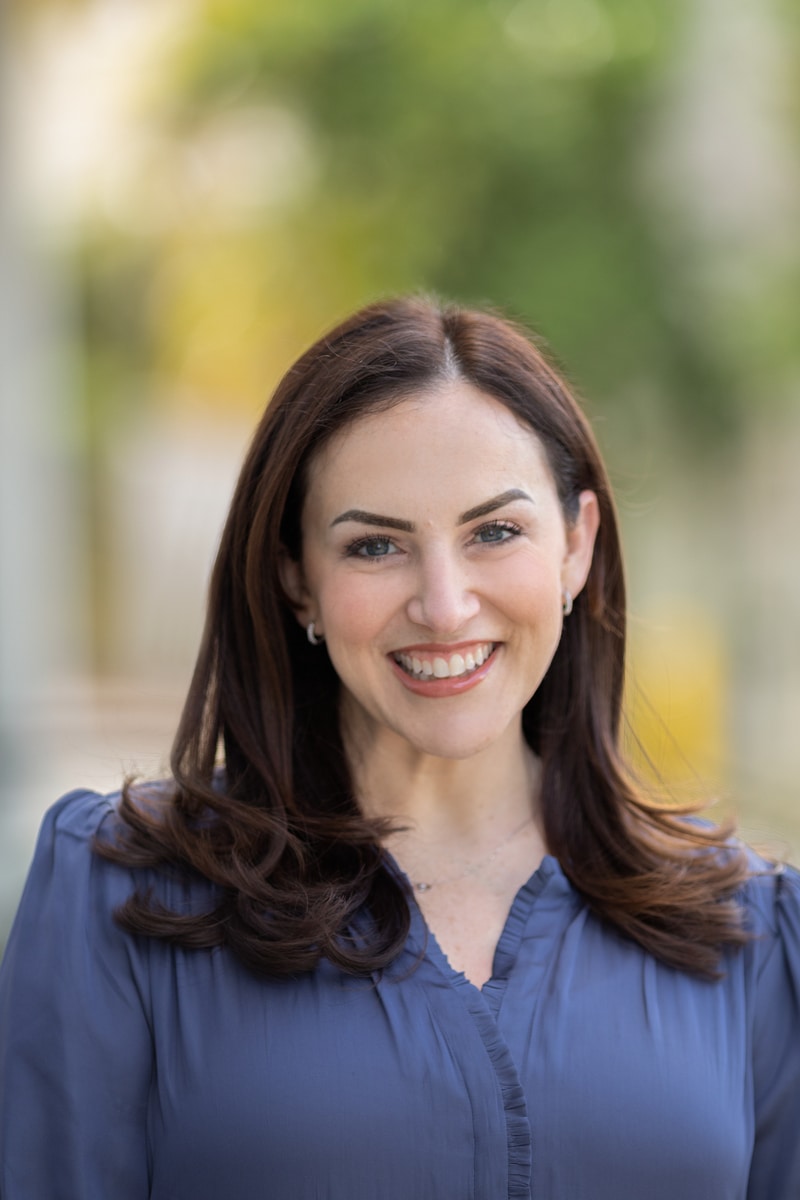Choosing the right place to get eating disorder treatment is one of the most important choices in a person’s life. There are so many options that the choice can be intimidating; most eating disorders are complex mental illnesses that require intensely specialized treatment. Because of the variety of eating disorder treatment centers and programs available, what may work for one person may not work for another. That’s why a person with an eating disorder and their families should know what to ask about before committing to a program.
When you decide to investigate possible programs for treating eating disorders like bulimia nervosa, anorexia nervosa, binge eating disorder, diabulimia, or OSFED, it’s essential to take both the client’s needs and the center’s treatment philosophy into consideration. As an example, one eating disorder treatment facility might offer only residential treatment or day treatment, while another might combine the two into an integrated residential/step-down program. Because recovery from an eating disorder like bulimia nervosa is so complex and personal, people seeking out help or their loved ones should make sure the program is going to match their emotional, medical, psychiatric, and spiritual needs as they move towards recovery.
With that in mind, we’ve put together ten questions every person should ask the admissions specialist at an eating disorder treatment center before making a final decision on attending.
1. Is this treatment facility experienced? How long has it been open?
Eating disorder treatment is a complex mix of psychological and medical programs, so experienced staff with knowledge across the board in multi-faceted treatment techniques is a must. Many of the positions at an eating disorder treatment facility require extensive medical and/or psychological training and advanced degrees, but even positions that don’t require these kinds of degrees still need plenty of experience to be effective. One way to gauge the experience level of the staff is to determine how long the facility has been treating clients and how long the staff has been working there (new hires notwithstanding).
2. What kind of licenses and certifications does the facility hold?
Find out if all members of the treatment teams are fully licensed, certified, and trained in the treatment of bulimia nervosa and other eating disorders. If the center is of top quality, it will also hold accreditations from national organizations that relate to eating disorders and medical treatment. Perhaps the most prominent accreditation comes from the Joint Commission, a rigorous testing organization for medical and mental healthcare programs across the country. Approvals from NEDA (the National Eating Disorder Association) and the EDC (the federal program known as Eating Disorders Coalition) are also good signs that it’s a facility in good standing.
3. What role does nutrition play in the overall treatment program?
Although putting a stop to disordered eating behaviors is always the main focus of an eating disorder treatment program, there are other factors to consider. People who have suffered from an eating disorder are often out of sync with their bodies’ nutritional needs. They also have often forgotten how to (or never learned) how to plan nutritious, enjoyable meals and snacks. It’s worthwhile to ask if the center has meal-planning and grocery shopping training activities. Individual nutrition sessions, nutrition education and counseling, and nutritional supplements can help restore the body’s nutritional balance during and after treatment.
4. Can you tell me what the facilities are like?
Before going into treatment for the first time, most people are justifiably worried about what life in a residential facility will be like. Will it be cold and dispassionate? Will it be like an asylum from an old movie? Well, of course not. Modern treatment facilities are concerned with comfort and safety, and the grounds are usually well-kept and attractive. Home-like settings that provide state-of-the-art treatment through a combination of group therapy modalities, meal support, nutrition education, psychotherapeutic support, and mindfulness training are the norm these days. In the age of COVID protocols, an in-person tour may not be available, but you should ask for a description and if possible a video tour of the facility before entering treatment.
5. How will we assess the progress being made?
The families of a person in treatment, especially parents, deserve to know how their loved one is doing in treatment. You can feel free to ask the admissions specialists how progress is judged and how their loved one is doing in the program. As an example, a structured level system that gauges progress can provide structure, and using such a level system allows people to progress through the treatment program at their own pace. Of course, even with a structured system, every client progresses at a different rate, so loved ones should be prepared for setbacks, delays, or even significant leaps forward.
6. What kinds of treatment will be available?
People respond in different ways to different kinds of treatment, so they often benefit from a recovery program that offers a wide variety of treatment components. Cognitive behavioral therapy (CBT) helps to identify and replace disordered thinking and the ideas that contribute to those thought patterns, for example. A similar program, Cognitive Processing Therapy (CPT) is crucial for helping process trauma – a key trigger for many eating disorders. Dialectical behavioral therapy (DBT) helps people deal with painful emotions, and is helpful for those who find that certain situations can trigger extreme eating behaviors. Each of these therapies has much to offer individuals in treatment and can be mixed and matched according to the most appropriate plan for each individual.
7. Does the program individualize its treatment plans?
Related to point #6, not every treatment method is appropriate for every case. When it comes to eating disorder recovery, there is no one-size-fits-all approach. Eating disorders including anorexia nervosa, bulimia nervosa, and binge eating disorder have different levels of severity and different treatment needs, not to mention the diverse types of co-occurring disorders like depression, substance abuse, or even diabetes that can accompany eating disorders. You should make sure to ask the admissions specialists what kind of specialized, individual treatment plans are available or if there is simply a one-size-fits-all treatment methodology.
8. Do you have gender-affirming, inclusive care programs?
Members of the LGBTQ community, including transgender people, have a much higher rate of eating disorders than the cis and straight communities (not that eating disorders don’t affect all communities). Treatment that doesn’t take a person’s sexual and gender identity into account. If you or a loved one is going into treatment for an eating disorder and identifies as LGBTQ+, it’s hugely important that you locate a center that puts a premium on inclusive treatment. Eating disorders, body image, and personal identity are affected by gender identity and sexual preference, so before you check-in, make sure the facility will be sensitive to your needs.
9. Do you offer experiential and exposure therapy?
More and more often treatment centers are going past the traditional talk-based models of talk therapy and nutritional training. This increased scope of treatment includes various experiential therapies that include a variety of artistic practices and experiences that put recovery into perspective. Many people find cultural outings, dance and movement classes, yoga, nature walks, and other creative therapies to enhance the quality of life and long-term success of their eating disorder treatment. In addition, activities like painting, making music, and sculpture can help bring new insight into a person’s emotional state and psyche. Journaling is also a common practice, and especially useful to measure a client’s individual growth. Exposure therapy is also a common offering, and it proves very helpful in preparing clients for their return to life outside of treatment. It might be going to a restaurant with other clients planning and cooking a meal, or just eating “fear foods” in a nonjudgmental setting. Ask your admissions specialists what kinds of outings and experiential therapies are offered.
10. Do you offer adolescent programming?
The stereotype of people who have eating disorders is that they are teenaged girls, typically white. Although that stereotype is very much overblown and inaccurate, the adolescent years are the typical onset period for most eating disorders. Because of the specific developmental nature of these years, adolescent eating disorder treatment has specific requirements to be effective. Adolescent day treatment programming focuses on adolescent clinical and developmental issues. These recovery center programs provide a positive and healthy environment for adolescents with eating disorders.
Seek Out Help With the Benefit This Knowledge
Asking these questions and any other ones you might have before choosing an eating disorder treatment program will help you or your loved one feel comfortable in your choice. This isn’t a complete list, of course. There will be many other topics to discuss before going into treatment. Both the client and their family need to be fully confident and positive about going into treatment. So, if you are dealing with an eating disorder and want to get help, list out your questions, and get started as soon as you can. Recovery is waiting for you.












